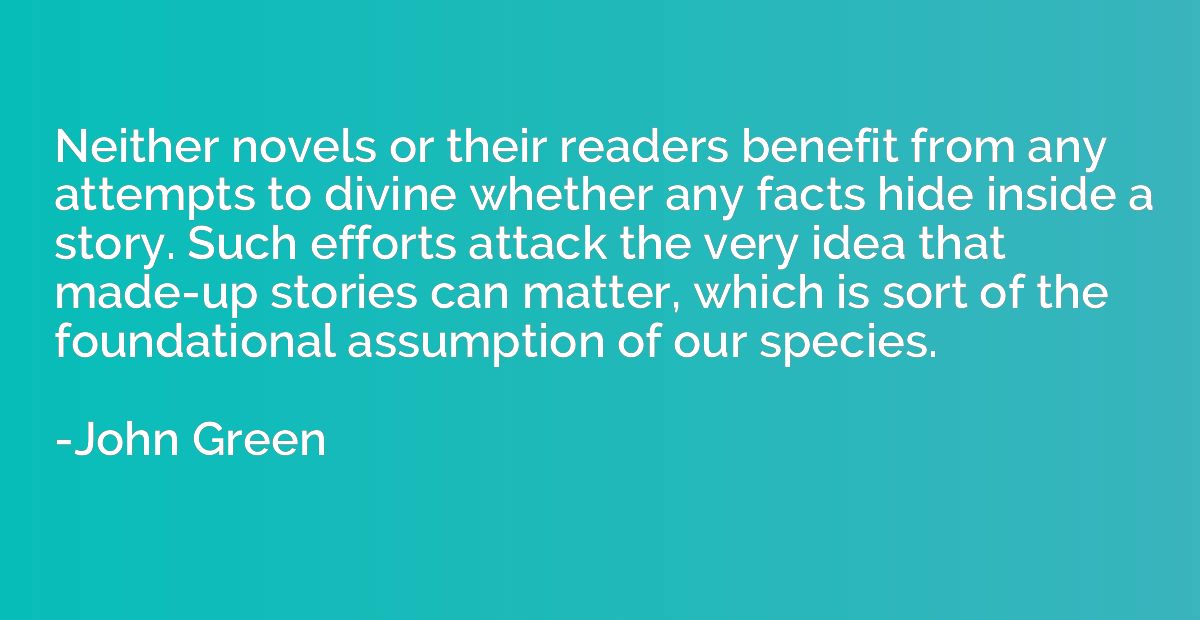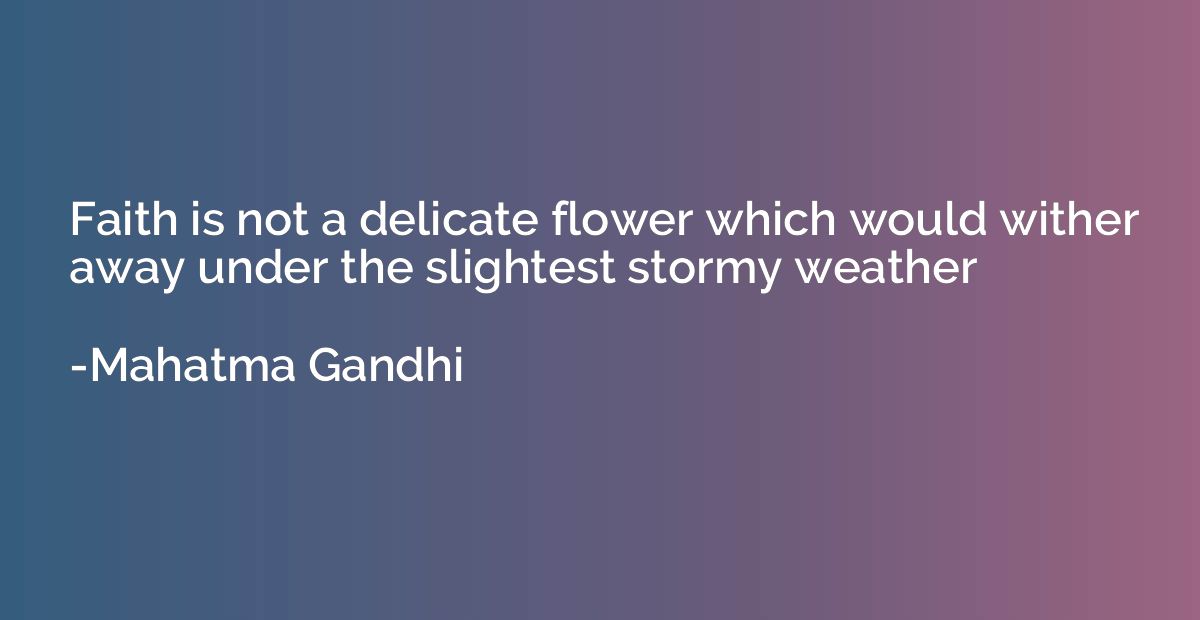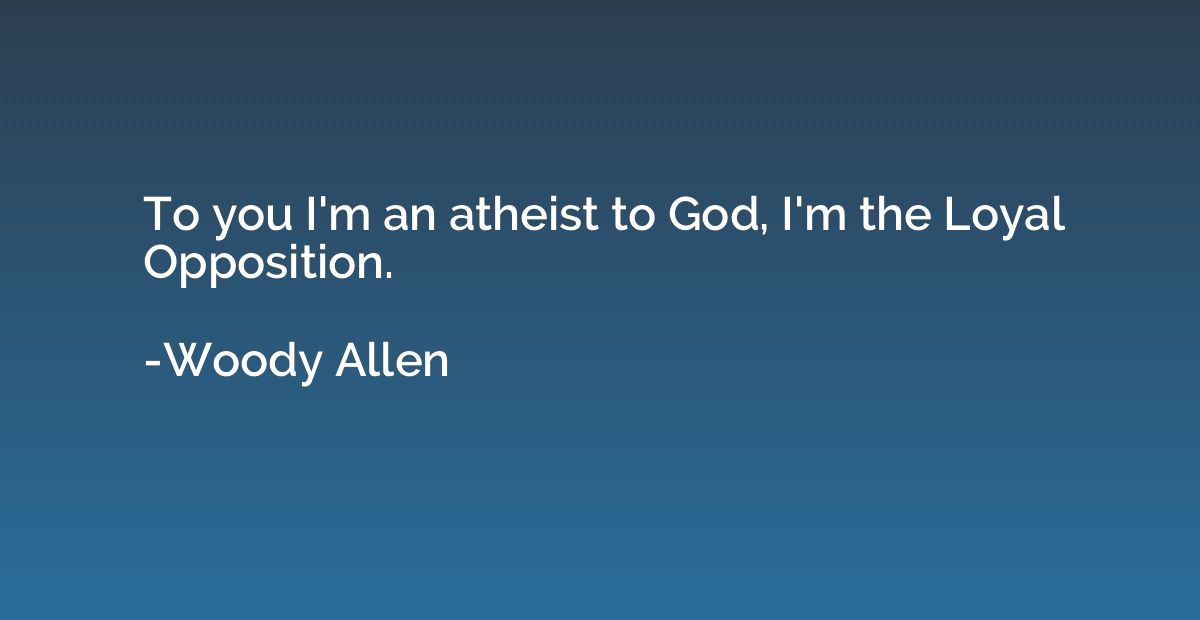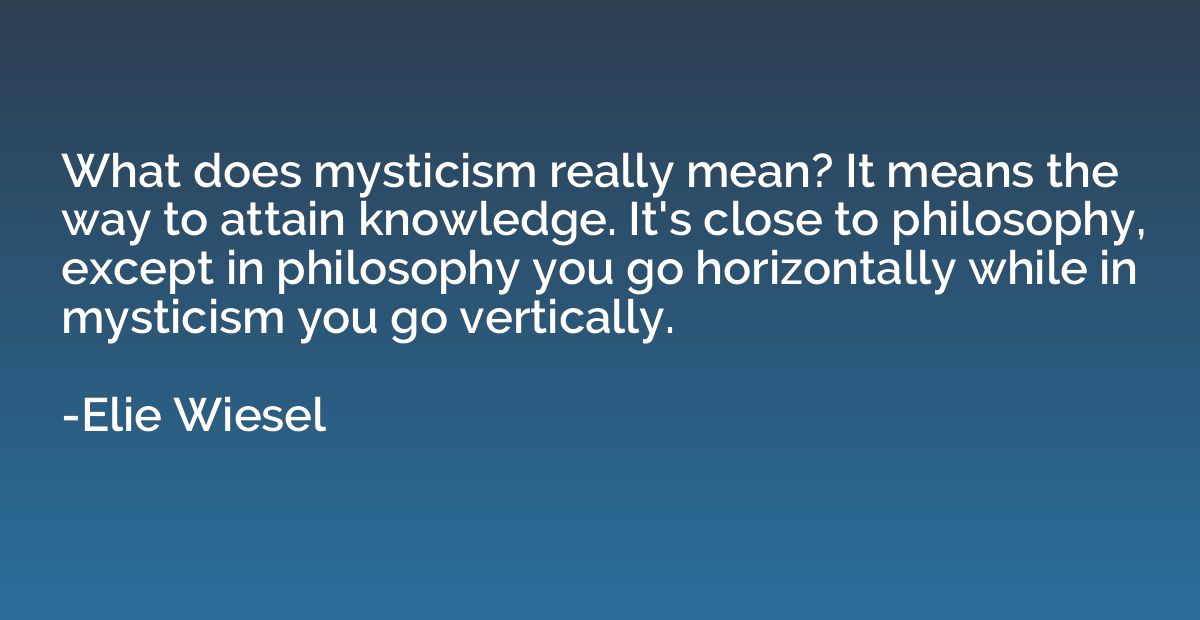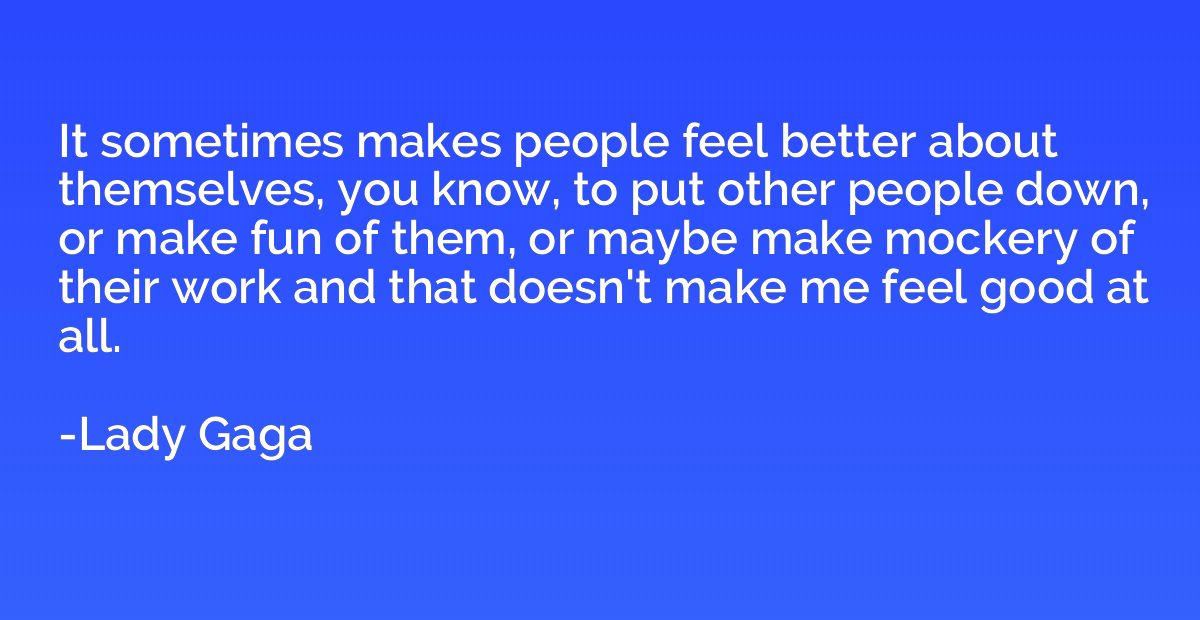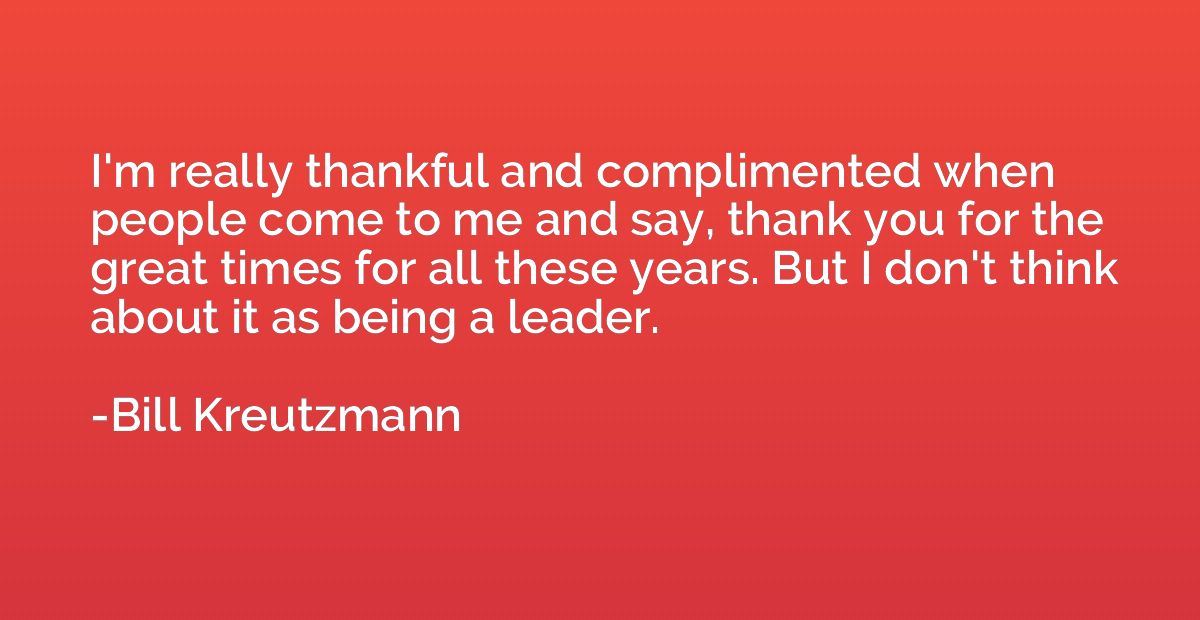Summary
This quote suggests that in order to demean or minimize someone else, the person doing so must themselves lack confidence, intelligence, or self-esteem. It implies that those who engage in belittling behavior are essentially revealing their own inadequacies rather than genuinely critiquing or confronting others. The quote highlights the cycle of negativity, showcasing how those who feel small within themselves often resort to diminishing others to compensate for their own insecurity. Ultimately, it serves as a reminder to be empathetic and understanding, refraining from diminishing others to uplift oneself.





